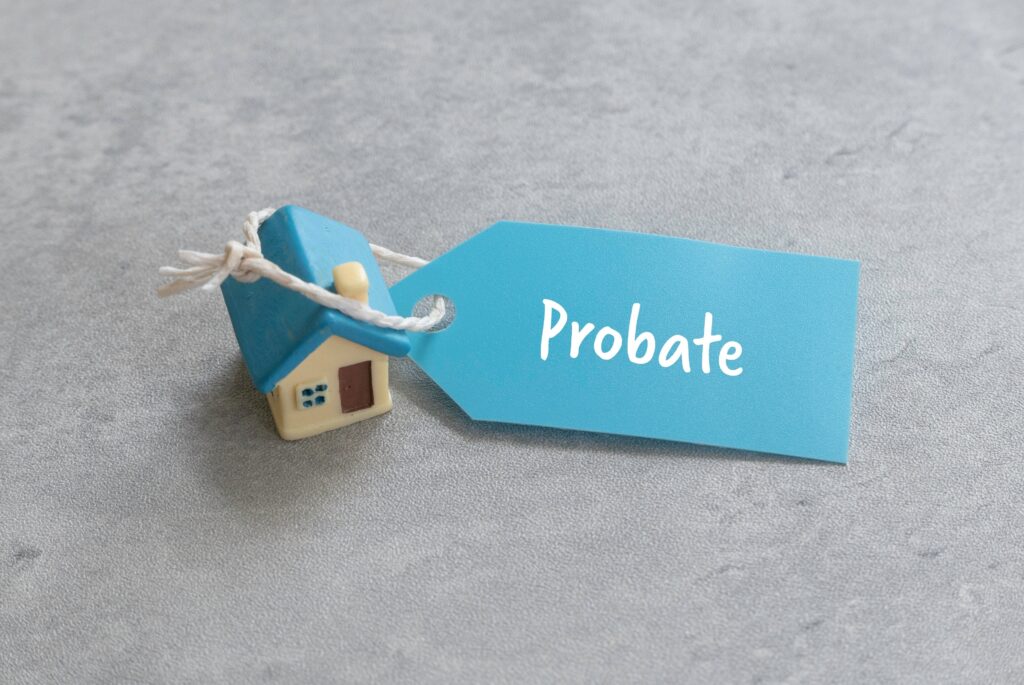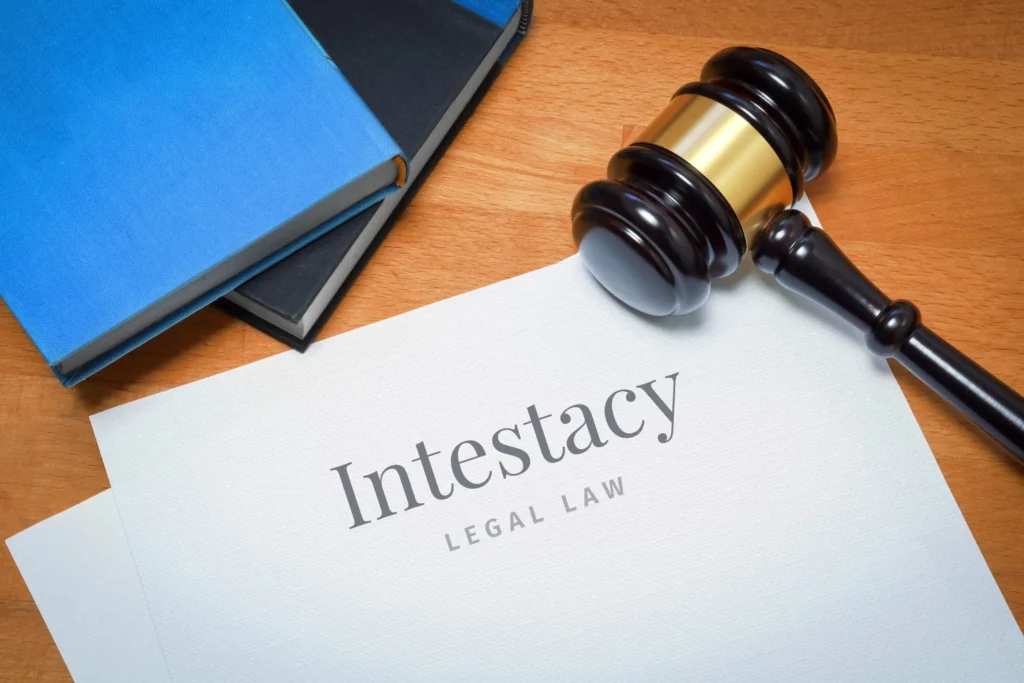Common Misconceptions About Probate in Texas
Probate can often be misunderstood, leading to confusion and anxiety for families dealing with the death of a loved one. Many believe that probate is an inherently lengthy and complicated process, but this is not always the case. Understanding the realities of probate can help individuals navigate the process more effectively.
For instance, some people think all estates must go through probate, but in Texas, small estates may qualify for simplified procedures. Additionally, the misconception that probate is solely about distributing assets can overshadow its role in validating wills and settling debts. Clarifying these points can alleviate fears and encourage informed decision-making.
Steps to Take After a Loved One Passes Away
When a loved one passes away, it’s crucial to know the immediate steps to take to ensure their estate is handled properly. The first step is to locate the deceased's will, if one exists, as this document will guide the probate process. Additionally, notifying family members and gathering important documents are essential early actions.
Following the initial steps, it’s advisable to consult with an estate attorney to discuss the probate process and any necessary filings. This professional guidance can help streamline the transition and ensure compliance with Texas laws, ultimately providing peace of mind during a difficult time.
Understanding the Role of an Executor in Texas Probate
The executor plays a pivotal role in the probate process, acting as the representative of the deceased's estate. This individual is responsible for managing the estate's assets, paying debts, and distributing property to beneficiaries according to the will. Understanding these responsibilities is vital for anyone appointed as an executor.
In Texas, the executor must also navigate legal requirements, such as filing the will with the probate court and providing notice to beneficiaries. Familiarizing oneself with these duties can help ensure that the executor fulfills their role effectively and in accordance with the law, minimizing potential disputes among heirs.
Probate Alternatives: What Are Your Options?
While probate is a common process for settling estates, there are alternatives that may be more suitable depending on the circumstances. Options like living trusts, joint tenancy, and transfer-on-death deeds can facilitate the transfer of assets without the need for probate, often leading to a quicker and less costly resolution.
For example, a living trust allows individuals to place their assets in a trust during their lifetime, which can then be distributed upon their death without going through probate. Understanding these alternatives can empower individuals to make informed decisions about estate planning and asset distribution in Texas.
Common Misconceptions About Probate in Texas
Probate can often be misunderstood, leading to confusion and anxiety for families dealing with the death of a loved one. Many believe that probate is an inherently lengthy and complicated process, but this is not always the case. Understanding the realities of probate can help individuals navigate the process more effectively.
For instance, some people think all estates must go through probate, but in Texas, small estates may qualify for simplified procedures. Additionally, the misconception that probate is solely about distributing assets can overshadow its role in validating wills and settling debts. Clarifying these points can alleviate fears and encourage informed decision-making.
Steps to Take After a Loved One Passes Away
When a loved one passes away, it’s crucial to know the immediate steps to take to ensure their estate is handled properly. The first step is to locate the deceased's will, if one exists, as this document will guide the probate process. Additionally, notifying family members and gathering important documents are essential early actions.
Following the initial steps, it’s advisable to consult with an estate attorney to discuss the probate process and any necessary filings. This professional guidance can help streamline the transition and ensure compliance with Texas laws, ultimately providing peace of mind during a difficult time.
Understanding the Role of an Executor in Texas Probate
The executor plays a pivotal role in the probate process, acting as the representative of the deceased's estate. This individual is responsible for managing the estate's assets, paying debts, and distributing property to beneficiaries according to the will. Understanding these responsibilities is vital for anyone appointed as an executor.
In Texas, the executor must also navigate legal requirements, such as filing the will with the probate court and providing notice to beneficiaries. Familiarizing oneself with these duties can help ensure that the executor fulfills their role effectively and in accordance with the law, minimizing potential disputes among heirs.
Probate Alternatives: What Are Your Options?
While probate is a common process for settling estates, there are alternatives that may be more suitable depending on the circumstances. Options like living trusts, joint tenancy, and transfer-on-death deeds can facilitate the transfer of assets without the need for probate, often leading to a quicker and less costly resolution.
For example, a living trust allows individuals to place their assets in a trust during their lifetime, which can then be distributed upon their death without going through probate. Understanding these alternatives can empower individuals to make informed decisions about estate planning and asset distribution in Texas.










